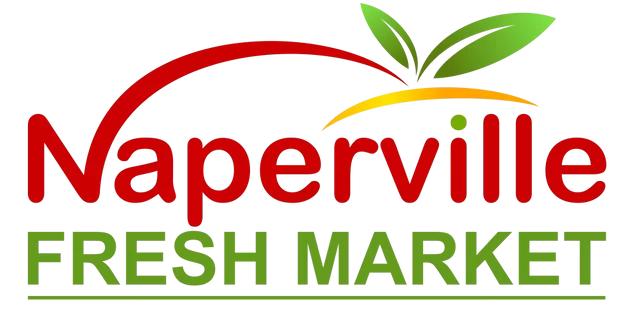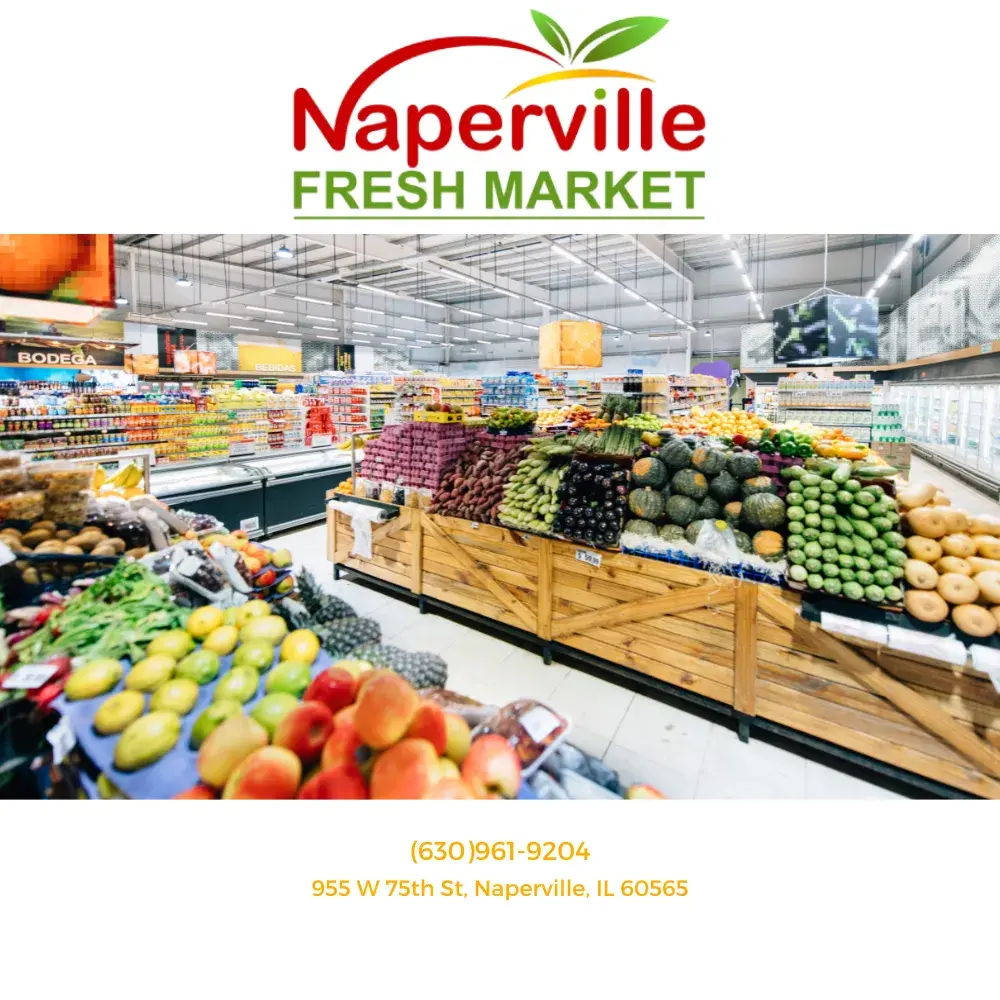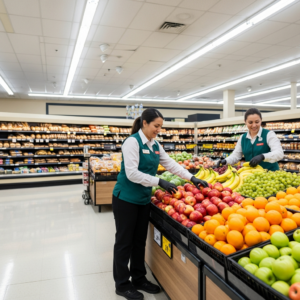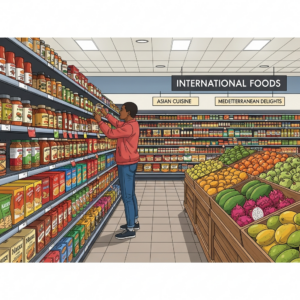Understanding the journey of organic produce from farm to table helps us appreciate the benefits of sustainable agriculture. With increasing awareness about health and the environment, many people are turning to organic options. This trend is evident in supermarkets, where organic produce is becoming more prevalent.
The Roots of Organic Farming
Organic farming starts with rich, healthy soil. Farmers use natural compost and manure, avoiding synthetic fertilizers and pesticides. This method not only enhances soil health but also promotes biodiversity. Crops grow without harmful chemicals, ensuring that the produce is free from toxic residues. This commitment to natural farming practices results in fruits and vegetables that are not only healthier but also often more flavorful.
Harvesting and Distribution
Once harvested, organic produce begins its journey to your table. Farmers carefully select and pick fruits and vegetables at their peak ripeness. They are then transported to local markets and supermarkets. This process ensures that the produce you find in your supermarket is fresh and nutrient-rich. The shorter the distance between farm and market, the better the quality of the produce. Local organic farms often partner with nearby supermarkets to provide customers with the freshest options available.
Ensuring Quality and Freshness
Supermarkets play a crucial role in maintaining the quality of organic produce. Proper storage and handling are essential to preserve the nutritional value and taste. Many supermarkets have dedicated sections for organic products, highlighting their commitment to offering healthier choices. Consumers can trust that these products have undergone rigorous quality checks, from farm to shelf.
Supporting Local Economies
Buying organic produce from supermarkets also supports local farmers and economies. It encourages sustainable farming practices and reduces the carbon footprint associated with long-distance transportation. When you choose organic, you are not only making a healthier choice for yourself but also contributing to a more sustainable food system.
Moreover, the demand for organic produce has led supermarkets to expand their organic sections, offering a wider variety of fruits, vegetables, and even organic dairy and meat products. This accessibility makes it easier for consumers to incorporate organic foods into their diets, promoting overall health and well-being.
Ultimately, the farm-to-table movement is about more than just food; it’s about fostering a connection between consumers and the source of their food. By understanding the journey of organic produce, we can make more informed choices and support practices that benefit our health and the planet.
Incorporating organic produce into your shopping habits is a step towards a healthier lifestyle and a more sustainable future. The next time you visit your local supermarket, take a moment to explore the organic section and discover the bounty of nature’s best offerings.
Learn More
The Journey of Organic Farming: Sustainable Practices and Benefits




